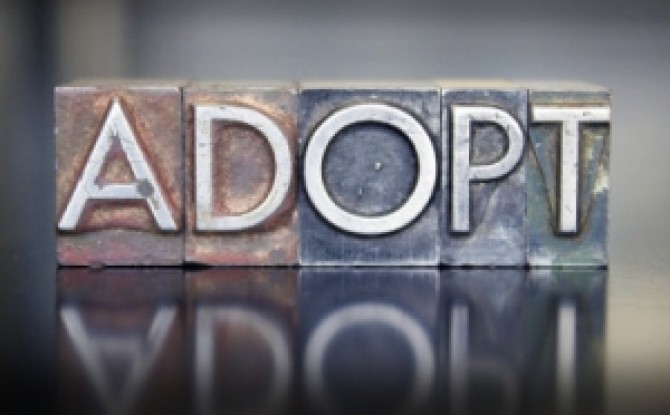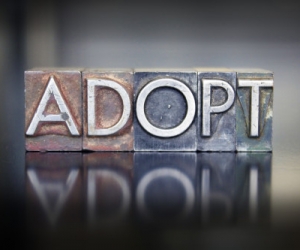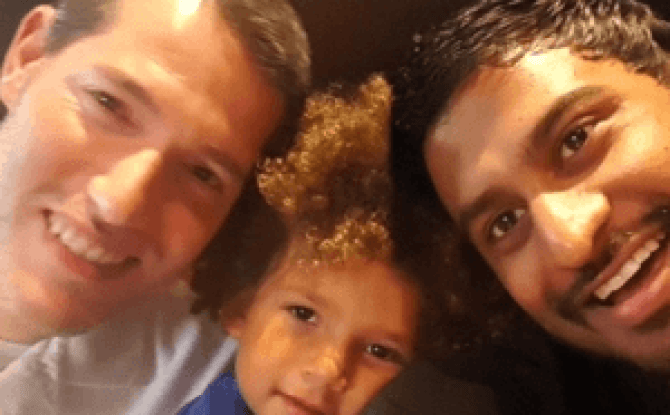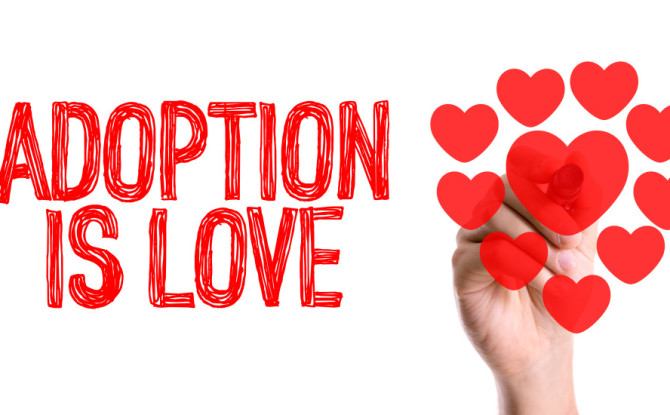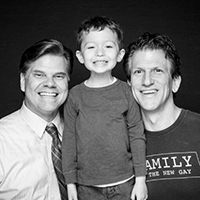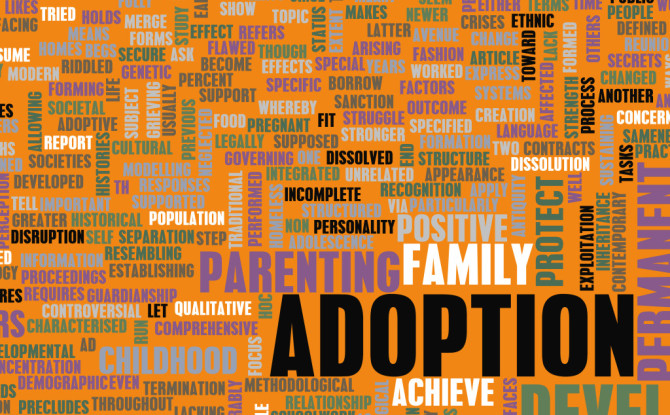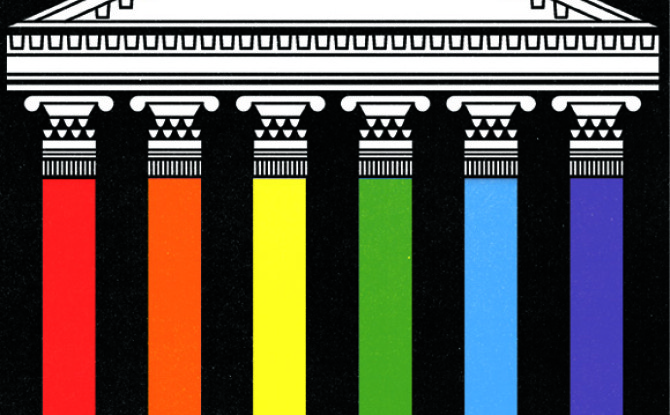Gay dads David and Jason Bragg-Sutton are a different kind of gay dads. Living north of Tulsa, Okla., in America’s heartland, they have become the parents of three children adopted through the foster care system.
But that’s not what’s different about them. What is? The fact that both did so while under the age of 30.
For David Bragg-Sutton, it was a no-brainer. He and his husband became a couple some six years ago, when they were 21 and 26, respectively. Soon afterward, they decided they wanted to start a family, and soon.
Adopted in infancy by a pair of older parents, David says he knew that he wanted to be an active participant in his kids’ lives, when they’re young children and as well as adults. In short, he wants to experience the world with them.
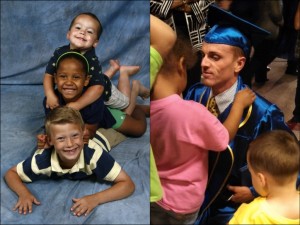
“I want to hang out with them,” he said. “I don’t want to say no to going on a vacation [because of physical limitations]. That was important to me. I want to grow with my children,” David says. “I want to live my life with my children.”
But when David and Jason embarked upon their journey to create a family, they had to change plans and adjust expectations in a big way. They knew they wanted multiple children, for example, but they planned to add them gradually. They also wanted to raise an infant.
After plans for surrogacy with a mutual friend didn’t pan out, they found themselves looking at Oklahoma’s foster care system, and facing some hard truths.
“When we got into the foster care system, our worker told us, ‘You are going to face barriers, as gay parents and as gay parents seeking an infant,’” David says.
Their initial experiences seemed to bear this out. After filling out reams of paperwork, David and Jason opened their home for potential children. And then they waited for 13 months.
Most gay dads have experienced that wait, in one way or another. Fundamentally, it doesn’t matter if the wait is three months or three years. It’s still a period of reflection and anxiety. For the Bragg-Suttons, it was a time of adjusting their expectations, of rethinking what they were willing to do.
At the beginning, they were only interested in seeing children who were young and available to adopt on their own.
But then their social worker began to prod them to change their approach. Eventually they said they were willing to consider sibling groups and somewhat older kids.
They began spending hours at the offices of the Department of Human Services, looking through packets of children who were legally free for adoption.
“We wanted to be very researched,” Jason says. “We really dug into what we signed up for.”
Finally, they were connected with a sibling group of three children, Taylor, 10; Madelynn, 6; and William, 5. On Oct. 5, 2013, they heard they were matched. On Oct. 17, they met the kids at a pizza parlor in Tulsa.
via GaysWithKids.com – February 19, 2016
Click here to read the entire article.

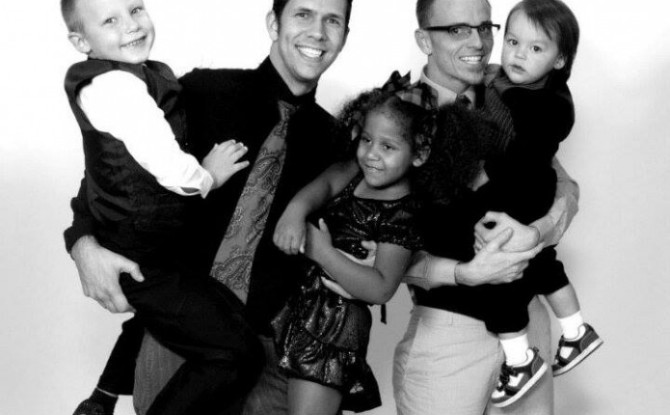
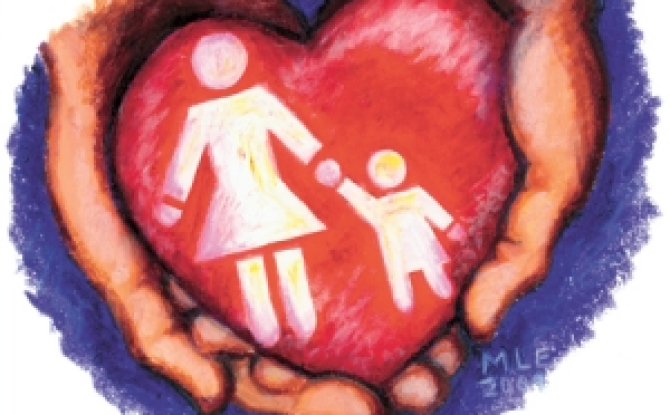
 We were taking a walk in the woods outside Boston, and following behind him I was surprised by how much he moved like his father. We spent that afternoon showing each other icicles and hollow trees, breaking frozen patterns in the river ice, inching too close to the water to get a better view of the bridge above.
We were taking a walk in the woods outside Boston, and following behind him I was surprised by how much he moved like his father. We spent that afternoon showing each other icicles and hollow trees, breaking frozen patterns in the river ice, inching too close to the water to get a better view of the bridge above.